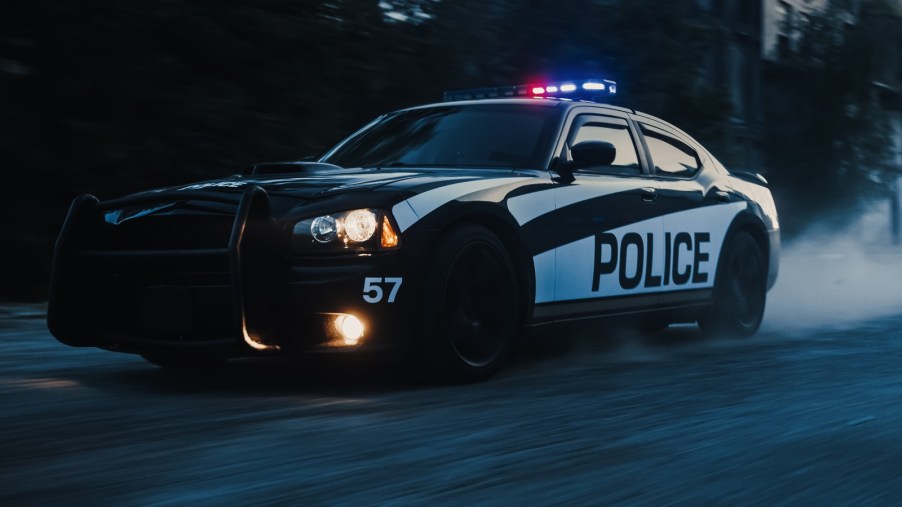
3 Things You May Not Know About Police Cars
Everyone has seen police cars and realized how similar they can look to civilian vehicles. However, squad cars have alterations that make them better equipped to catch criminals as well as to meet their expected service lifespans. Of course, there are many types of cop cars, but the Ford Interceptor and other police vehicles from the automaker happen to be among the most popular.
Here are three things you may not know about police cars beyond their flashing lights and distinguishing decals.
Squad cars have higher top speeds
Police cars have several differences from civilian models. However, one of the most important aspects of squad cars is their higher top speeds. Naturally, this is necessary in various situations but comes in especially handy for high-speed chases. The speed of a police car such as the Ford Interceptor or other vehicles varies, but they can often exceed 150 miles per hour.

Of course, squad cars also have faster acceleration times and typically offer better handling than your run-of-the-mill vehicles. Again, this is often necessary for police officers and other law enforcement officials.
Police cars have other upgraded equipment
In addition to the upgraded performance, police cars have other alterations that make them better equipped for enforcing safety. According to Design News, squad cars like the Ford Inceptor and other police cars have an enhanced alternator. While most civilian cars generate fewer than 100 amps, squad cars can exceed 225 amps.
There are many reasons for this change, but perhaps the biggest is that police cars have more equipment to run. Additionally, they usually have a more powerful battery than other vehicles.
Alternators aren’t the only upgrades, as squad cars have enhanced cooling systems. Typical options rely on a radiator, but police vehicles have transmission and oil coolers as well as an enhanced radiator. Some cars also have a power steering cooler. Additionally, squad cars have heavy-duty breaks and suspension systems to offset their heavier weights and more extreme maneuvers.
Police cars may need more frequent maintenance
Police cars are heavy-duty machines that automakers build to last. However, like regular vehicles, they need maintenance. In fact, police vehicles such as the Ford Interceptor may need more care than the typical vehicle. This is because these cars go through the ringer. Typical cars may need an oil change every 3,000 to 5,000 miles.
However, this can be harder to predict for police vehicles, as some don’t get as much use. Plus, the schedule could differ for personally assigned vehicles. Because of this, some precincts go by hours it has on the road, and some go by miles. It’s also important to note that some vehicles are in service longer because of budget restrictions.



